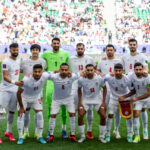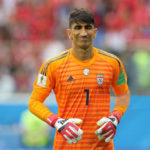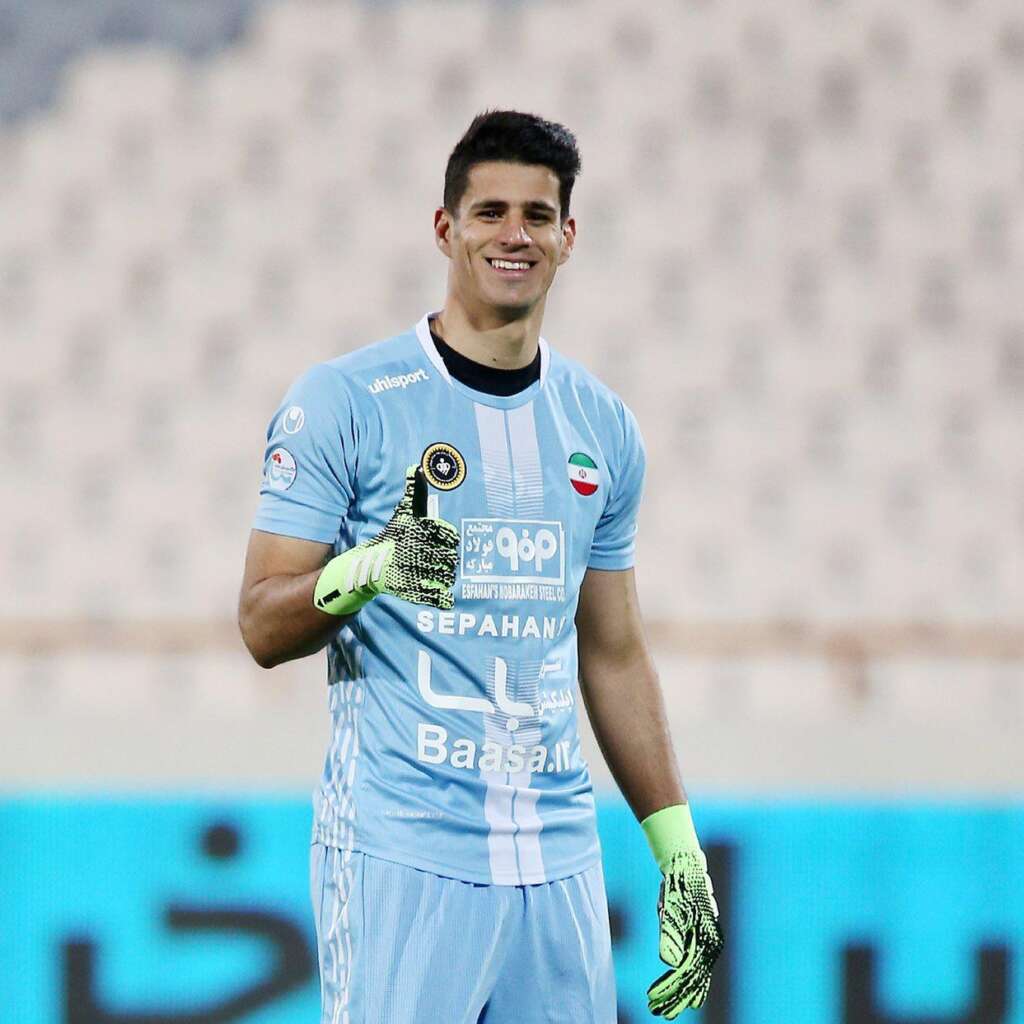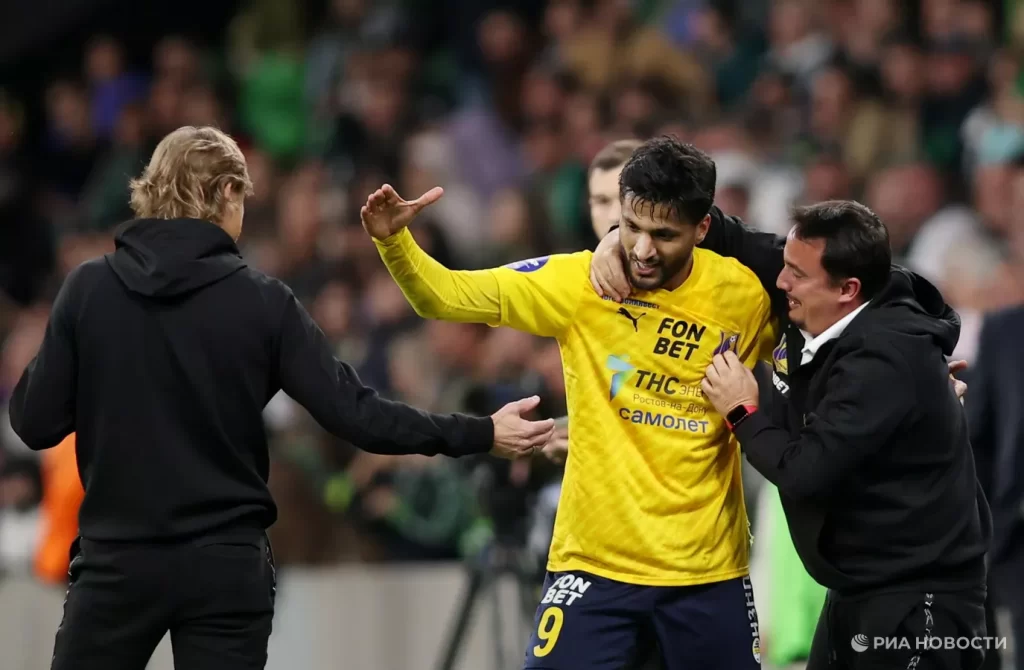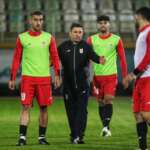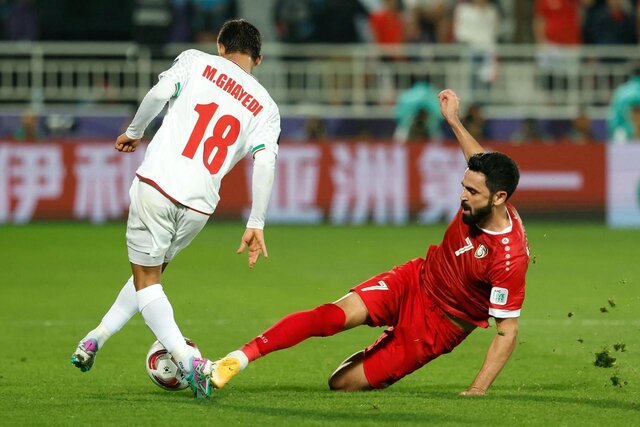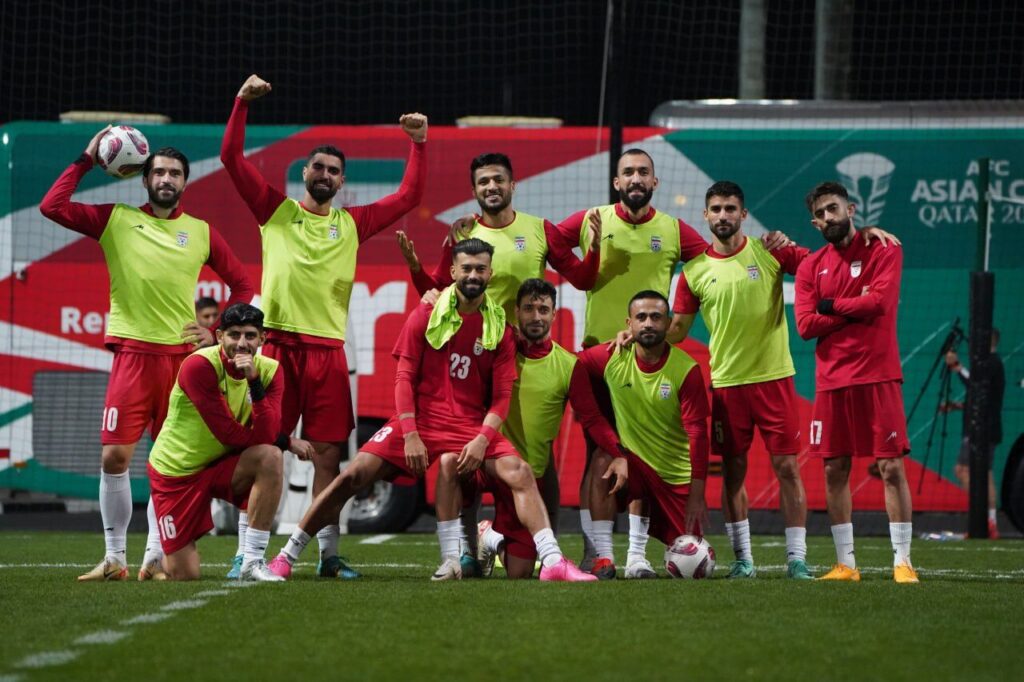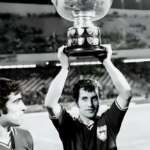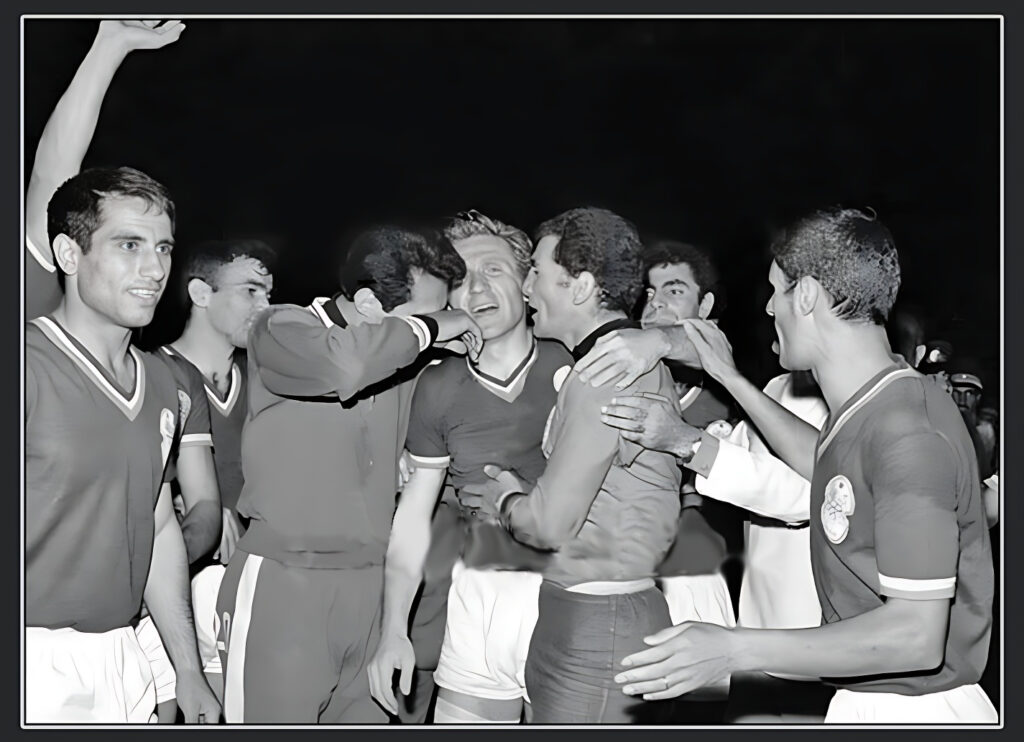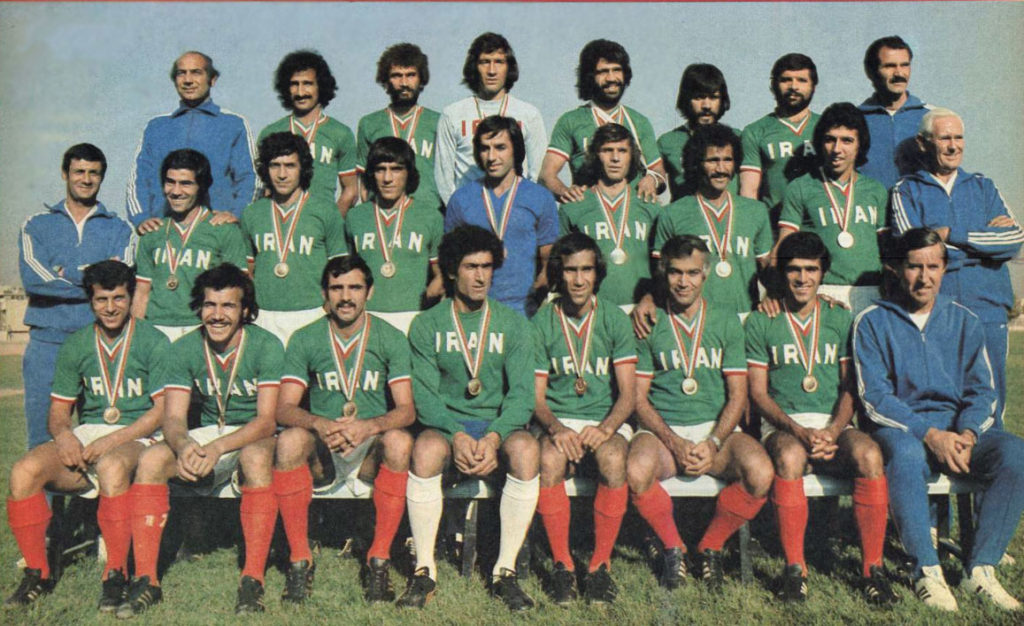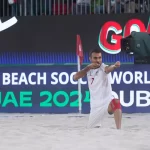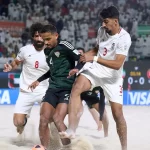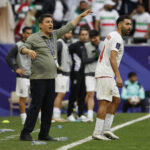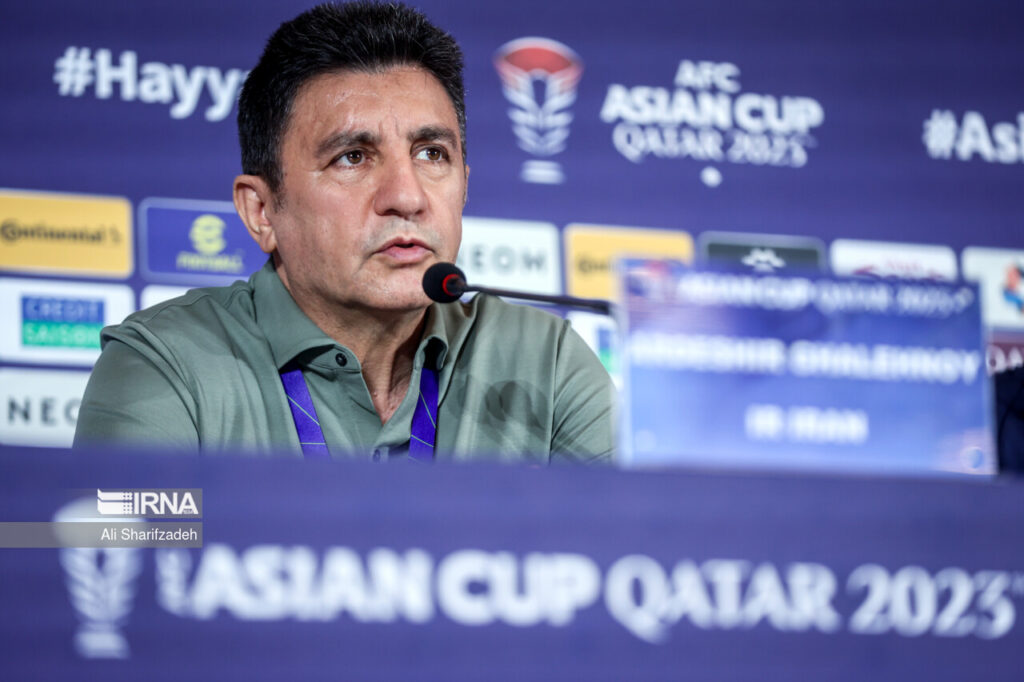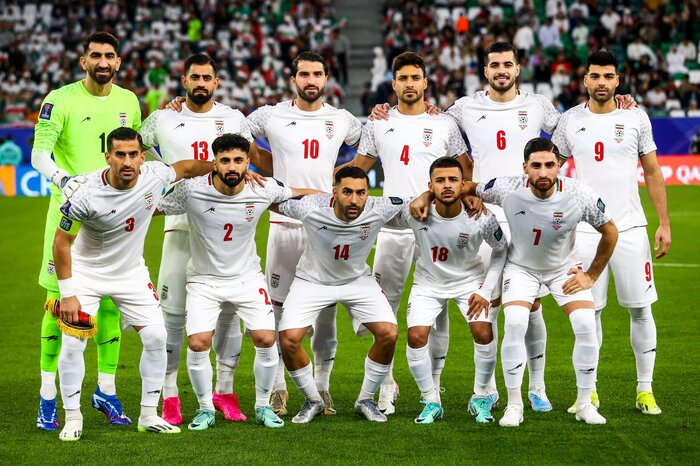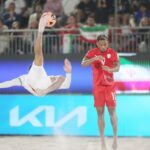The defeat against Qatar in the semi-finals of the 18th AFC Asian Cup 2023 left Iranian fans with a bitter taste and yet another heartbreak. This tournament presented Iran with its best chance in 48 years to clinch the Asian trophy, yet familiar shortcomings plagued the team once again, resulting in a loss when victory seemed within reach.
Amidst the disappointment, criticism has been directed towards Amir Ghalenoei for his unwavering faith in established players despite their evident lack of form and fitness for a demanding tournament. Ghalenoei’s tendency to attribute the team’s failures to bad luck rather than addressing underlying issues has drawn skepticism from many observers.
Under mounting pressure, Ghalenoei has finally acknowledged the need for rejuvenation, signaling a potential shift in the team’s composition starting with the match against Turkmenistan, who did not qualify for the AFC Asian Cup 2023.
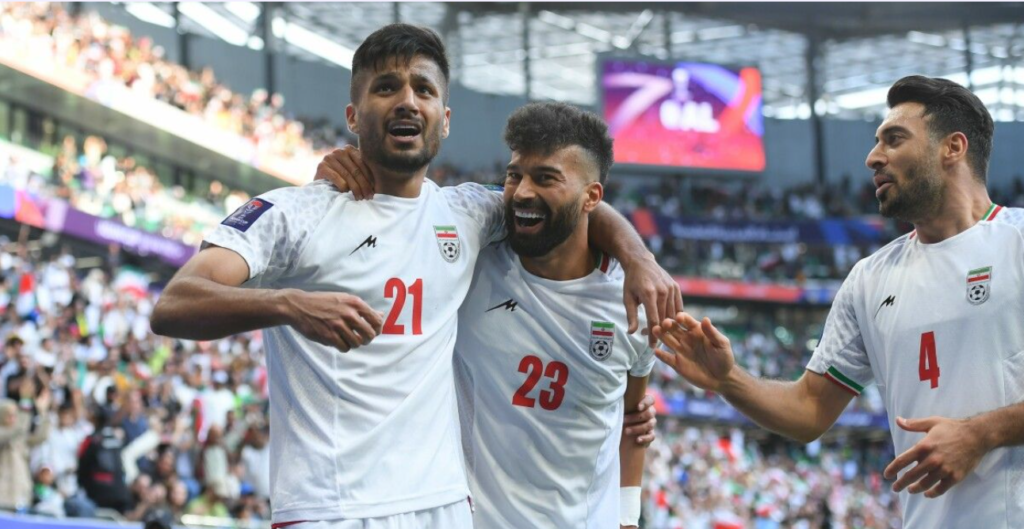
The pressing question now revolves around which players should make way for new blood. Let’s examine the list of potential candidates:
- Shoja Khalilzadeh (34 years) – The central defender will miss the Turkmenistan match due to a red card received against Qatar. While known for his courage and determination, Khalilzadeh’s diminishing pace and agility, compounded by his advancing age, highlight his limitations.
- Ehsan Hajsafy (33 years) – Once a dynamic winger known for his speed and defensive capabilities, Hajsafy has shown signs of decline in recent times. While still a valuable squad member, his diminishing abilities suggest that his time in the national team may be nearing its end.
- Karim Ansarifard (33 years) – Ansarifard’s frequent club changes have impacted his form, diminishing his value to Team Melli. With plenty of alternatives available, his role within the team has become less prominent.
- Omid Ebrahimi (35 years) – Ebrahimi’s dedication and work ethic are unquestionable, but his ability to compete at the international level has been called into question due to his age and physical limitations. Retirement from international football may be on the horizon for him.
- Shariyar Moghanlou (29 years) – Moghanlou has struggled to make an impact on the international stage, with his lack of speed and decisiveness hindering his effectiveness. His contributions to the team have been minimal, suggesting that his time in the national setup may be limited.
- Saeid Ezatolahi (27 years) – Once heralded as a rising star, Ezatolahi has failed to fulfill his potential, with inconsistency and frequent club changes hampering his progress. His physical attributes are no longer sufficient to set him apart, making a temporary exclusion from the squad a viable option.
- Ramin Rezaeian (33 years) – Despite being one of the more reliable players in the squad, Rezaeian’s recent form has dipped, particularly in the AFC Asian Cup. While still possessing valuable qualities, his declining speed and subpar performances raise questions about his long-term viability in the team.
In conclusion, while these players have served Team Melli with distinction, it may be time for them to step aside and make room for fresher talent that can inject renewed energy and vigor into the national team.

